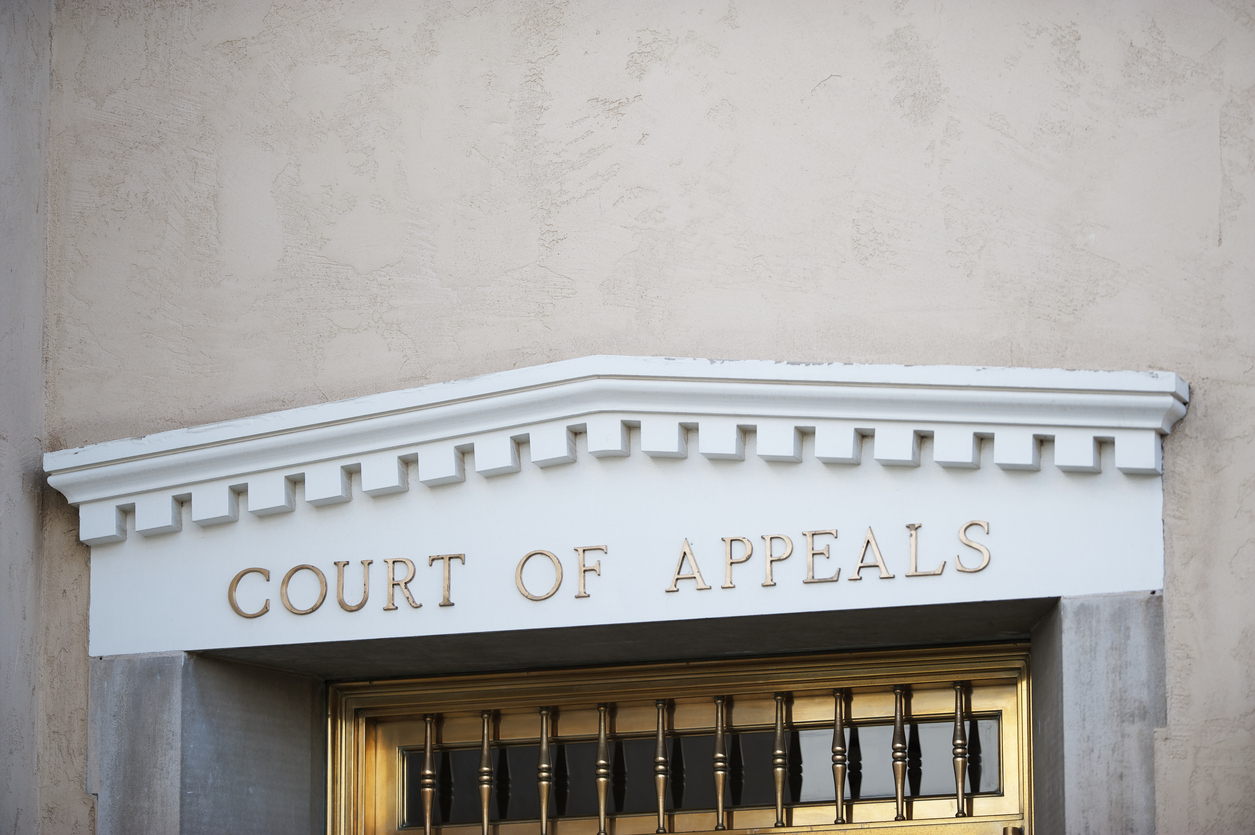If you have a property damage loss in North Carolina, the most important thing you need to do is make sure your family is safe and not in a dangerous situation. When filing a claim, one of the most important things you need to do is find out the requirements for the submission of a proof of loss form.
The general rule in North Carolina is that a policyholder needs to provide the insurance company with a Sworn Statement In Proof of Loss within 60 days of the loss.1 But what happens when an insurance company induces or causes a policyholder to delay the submission?
Consider the case of Mr. and Mrs. Spencer.2 While the Spencer claim happened decades ago, the rule on proofs of loss is important. Mr. Spencer dug a basement under his home to house knitting machines for his hosiery business. A fire happened at the Spencer dwelling, the garage was burned but the basement filled with spinning machines survived the blaze.
When it came to the loss inspection, an independent adjuster visited within one week of the loss and talked with the insured. All the information the adjuster requested was provided by the insureds. The adjuster reported the claim promptly to the company. Both the agent and this inspecting adjuster had proof of loss forms, but neither furnished any forms to Mr. or Mrs. Spencer, nor did they speak about the policy requirements of the formal form. Later, Mr. and Mrs. Spencer were not happy with the claim status and filed their own proof but it was seven months after the deadline.
The policy in this case provided that the proof of loss must be filed within 60 days after the loss but it did not provide for suspension or forfeiture upon failure to comply. This is an important fact that is specific to the decision-making in this case. Since the company was notified immediately of the loss, and its own adjuster appeared on the scene and took an evaluation, the court ruled it is wrong to rely on the 60 day rule later in the case.
Remember the reasoning behind the need a proof of loss form is to tell the insurance company about the loss and let them come and inspect the loss. Northern had all the information needed in some other format within the 60 days. One of the best quotes from the opinion:
The company, trough its general agent, Mr. Tunstall, aided and abetted by its adjuster, lulled Spencer into a false sense of security. Repeatedly he was told assured the company would pay the loss . . . [i]t would be unconscionable under such circumstances to now permit the company to insist upon literal compliance with the 60 day proof of loss clause.
The company got everything it wanted and it was unreasonable to think that an insurance company could then insist on a policy provision it waived.
While this court agreed the company waived the strict compliance with the proof of loss requirement, not all claimants may be so fortunate. North Carolina policyholders should be cautious and make sure to comply with proof of loss provisions within policies. Many insureds do not know what a proof of loss is or that failing to submit the required form may bar the claim.
Remember, the best course of action is to seek assistance and ask questions about the proof of loss requirements from the insurance company at the on-set of the claim. An insurance company can waive the requirements, but a court battle and delayed or denied insurance proceeds may be prevented if the form is timely presented. Policyholders must also remember that this is a legally binding form and all information is being presented as true and correct. If you have questions about your proof of loss forms, you need to contact an attorney. This is no time for guess work.
When it comes to a North Carolina flood claim, the 60-day rule should be strictly followed. The National Flood Insurance Program is very clear that flood losses require the form to be timely filed and the exception in the Spencer case would not apply.
We welcome you to contact our office with any questions about a proof of loss requirement.
1 N.C. Gen. Stat. §58-44-16(f)(13).
2 Northern Assur. Co. of America v. Spencer, 246 F.Supp. 730 (W.D N.C. 1965).



